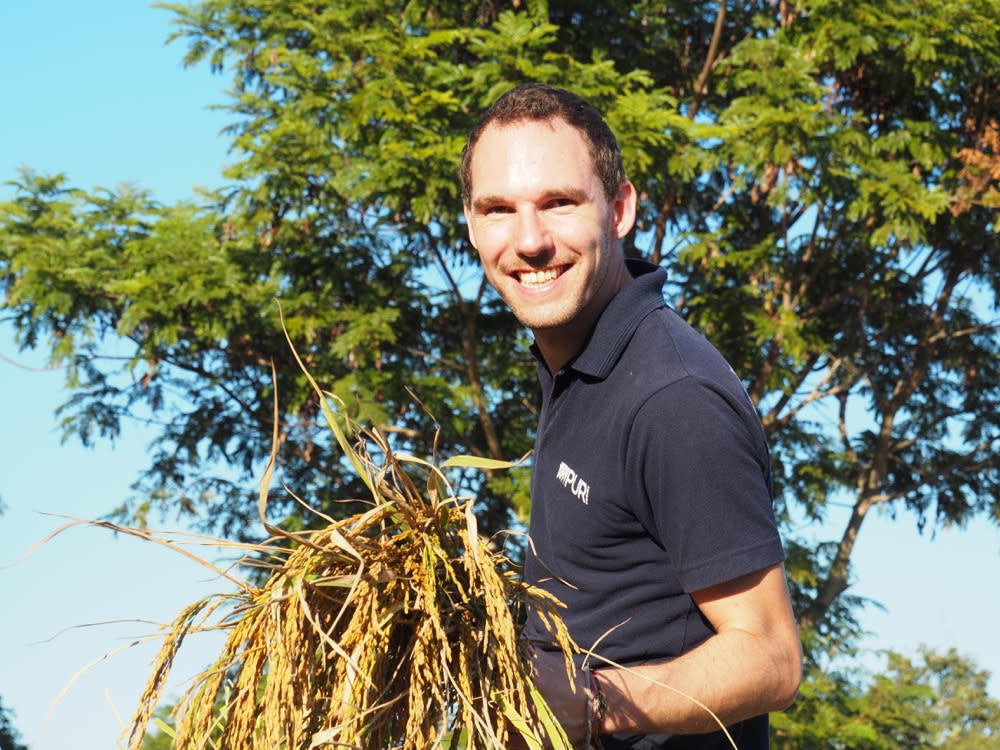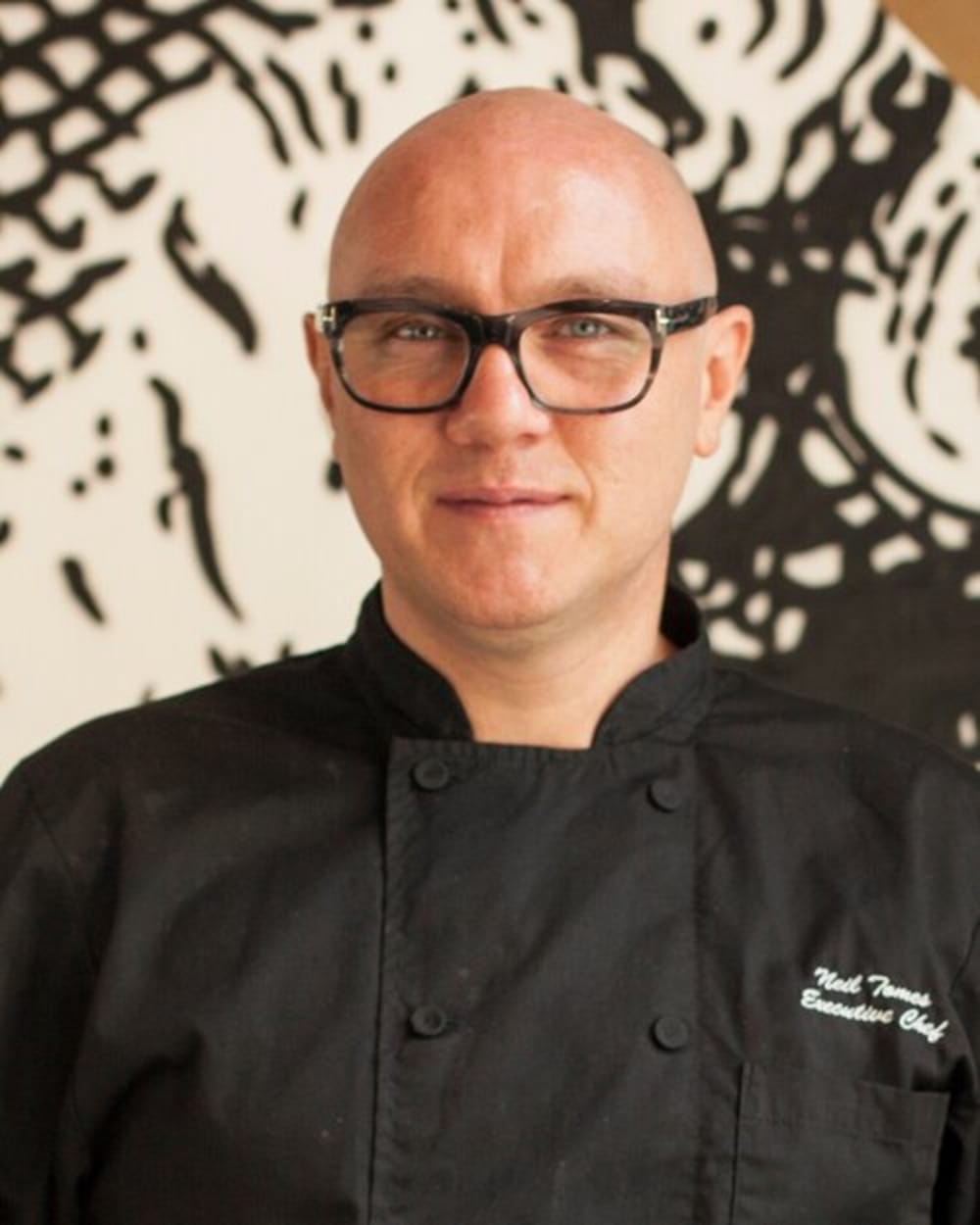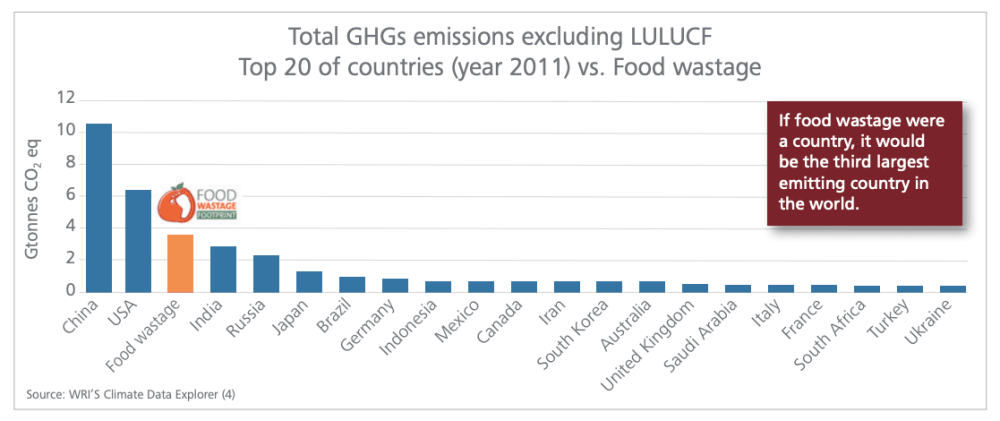Carbon footprints and plastic straws are two different but related facets of the climate dilemma we are currently facing. Single-use plastics do not easily break down, and we have become far too reliant on them for their convenience and low cost.
Reconfiguring our food supply chain to move away from single-use plastics may be costly in other areas as well. Food waste is a tremendous contributor to GHG (greenhouse gases) – not only for the emissions they produce when rotting away in our landfills, but also for the wasted resources spent producing them in the first place.
We have previously explored the carbon footprint of various types of food, but it is not as simple as removing certain types of food from existence. Read this US study considering the effects if every American became vegan.
Rather than focusing on single ingredients or sectors, we need to look at the food matrix.
What can we do?
Individual choices do not matter as much as supply chain changes. On the face of it, we are powerless. However, supply chain changes happen when consumers demand better.
Get educated about the types of sustainable movements that are currently under way.
The Food’s Future Summit 2019 panellists
At our upcoming Food's Future Summit, one of our panels on Saturday, 12 October is entitled Reducing our Carbon Foodprint Post-Plastic Straws. We have three distinguished panellists to discuss what is already happening, what could be coming next and how you can help.
Daniel Jongejan

Daniel leads PUR Projet’s Asia-Pacific project development team. PUR Projet focuses on helping companies to take control of their local communities and supply chains. By using something they call insetting (instead of offsetting), companies redirect their resources to “operate long-term socio-environmental projects”. For example, AccorHotels initiated their Plant for the Planet programme in 2009. When guests reuse their towels for more than one night, 50 per cent of the associated savings are invested into tree plantings close to their hotels. What can be done in Hong Kong?
Heidi Spurrell

Heidi is the CEO of Food Made Good, based on the UK’s Sustainable Restaurant Association (SRA), which had its Asia launch in June this year. Food Made Good is a membership programme for businesses that want to confront this sustainability challenge and for diners who want to use the power of their appetites for good. Heidi comes to us with an extensive background in food policy and social science research, with a focus on the role of business in encouraging healthy, sustainable diets that protect both human and planetary health.
Neil Tomes

Neil Tomes rejoined the Greater China Restaurant Company (GCRC) in September 2019 as Group Development Chef responsible for Beef & Liberty and its sister brand, Leaves & Liberty. Chef Tomes has always had a strong sustainability mindset both in and out of the kitchen. He started the initial paper straws campaign back in 2013, with Beef & Liberty being one of the first restaurants in Hong Kong to support the significant shift from plastic to paper. During his time at Mavericks, Chef Tomes composted all waste using the Japanese bokashi process, used plant pots to make a tandoori oven and recycled an oil drum to use as a smoker. He continues to look for different ways to be greener in the kitchen across the group.
Check out the full agenda for the Food’s Future Summit 2019.












